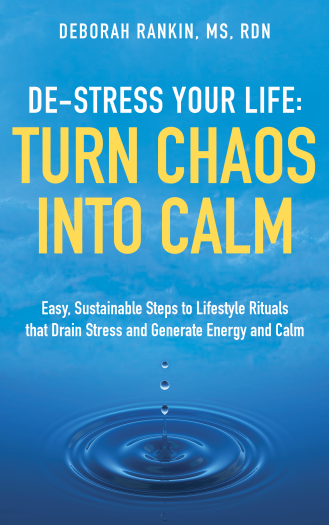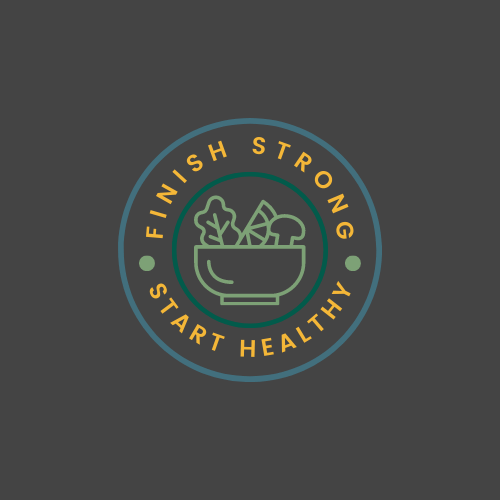We observed he first day of fall this week. For many, seasonal depression rears its ugly head in fall and winter, thus it’s a good time to boost your mood by eating foods to help with depression.

First, Seek Help From Your Physician Or A Credentialed Counselor
Depression can be serious and it’s important to ask for help. I am sorry about the challenges and struggles you face and believe you are a precious and valuable human being. Talk to your doctor, make an appointment with a counselor, or call the National Suicide Hotline at 988 to get help.
The information in this blog, while drawn from published medical studies, is designed for informational purposes only and in sharing it the author is not rendering legal, medical, or other professional services.
#1 Tip For Foods To Help With Depression
Eat More Fruits and Vegetables
Researchers who studied 40,000 subjects in the UK report eating fruits and vegetables had a significant positive impact on life satisfaction and welling. http://dx.doi.org/10.1007/s10902-021-00440-y
How much fruit and vegetables should you eat? At least five servings a day, not counting fruit juices or potatoes. https://www.ahajournals.org/doi/10.1161/CIRCULATIONAHA.120.048996
Start where you are, and take small steps. How many servings of fruits and vegetables did you eat yesterday? If it’s less than five, plan to bump it up two servings tomorrow. Here are quick and easy tricks that work for me:
- Fill a tortilla with sliced avocado and a bit of grated cheese. Zap in the microwave one minute for a quick snack or light lunch.
- Sprinkle dried tart cherries over plain, unsweetened yogurt.
- Make oatmeal jars for breakfast with frozen blueberries or slices of dried mango. Click here for a blog with links to the recipes https://deborahrankinrd.com/dark-chocolate-health-benefits/
- Keep a bin of organic spinach or kale in the fridge and do a quick stir-fry for lunch or dinner. https://deborahrankinrd.com/dark-green-veggie/ https://deborahrankinrd.com/green-veggies-boost-nutrients/
Make a commitment now. What will you do to eat more fruits and vegetables?
#2 Tip For Foods To Help With Depression
Eat Fewer Processed Foods
A 2022 study reported Americans who get a high percent of their calories from ultra-proecessed foods experience more mild depression and mentally unhealthy or anxious days per month. https://pubmed.ncbi.nlm.nih.gov/35899785/
Ultra-processed foods have little or no whole food. They’re chemical concoctions of processed starch, sugar, oil, artificial flavors and color, and emulsifiers. If it can sit on your pantry shelf for months and still look and taste about the same…it’s probably ultra-processed!
- Sweetened beverages
- Packaged snacks, chips, and breakfast cereals
- Packaged cookies and cakes
We all know we should eat less of these foods. Embrace the mindset that what you eat is important not just to avoid a disease in the future. What you eat can affect how you feel TODAY.
![]()
![]()

#3 Tip For Foods To Help With Depression
Focus on your food habits rather than a single nutrient or supplement
For readers who are American, like me, we want the magic pill or the instant cure. No supplement contains all the nutrients your body needs. Taking more of one nutrient in a supplement often affects the absorption or use of another. As in relationships, the small things you do day in and day out have more power than a short-term flashy effort. Start where you are, and make two improvements. For example, you could
- Add one serving of fruit and vegetable every day
- Go through your pantry and throw out two packages of ultra-processed foods
For more strategies for improving the way you feel and live every day, check out my book “De-Stress Your Life: Turn Chaos Into Calm” http://bit.ly/DeStressbook

Enjoy fall’s delights–cool weather, beautiful foliage, and pumpkin spice everything.
Take care of yourself by getting help for depression and anxiety. Choosing foods to help with depression may be one way to boost your mood.
©️ 2022 Healthy Habits Communications LLC




